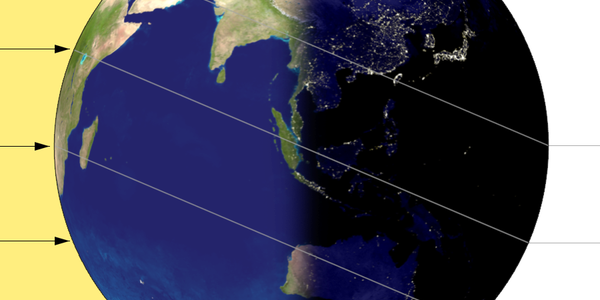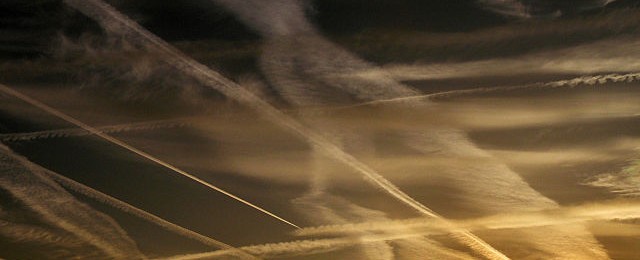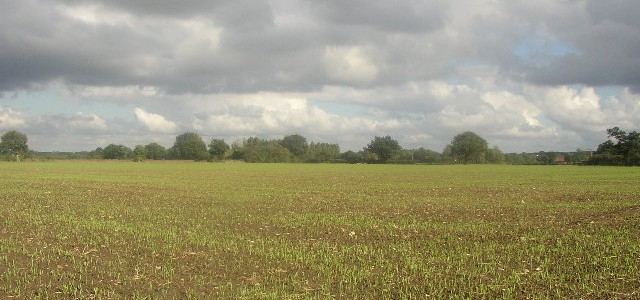-

The Los Angeles Times published a recent story on California farmers responding to 4+ years of drought. In addition to the drought they have experienced a number of related impacts, including decimation of some crops due to insect infestations. Some of them have run out of resources to keep farming and are taking a break…
-

Today, December 21, the winter solstice will occur AT 11:48 pm EST. Historically this marks the shortest day of the year and the start of astronomical winter (meteorological winter already started on December 1). You can read more about it at EarthSky here, including links to what a solstice is and why the latest sunrise…
-

On a day when many people are traveling for the holidays, I thought you might be interested in a recent story from Smithsonian magazine on the impact of contrails on local and regional climate. Contrails are high-altitude clouds made of ice crystals and are formed by emissions from jet aircraft interacting with moisture high in the…
-

Fox News reported on a recent research study which looked at the temperatures of 235 freshwater lakes around the world and noted that their temperatures were rising faster than those of the atmosphere or ocean. This research was presented at the American Geophysical Union annual meeting in San Francisco last week. The rising temperatures are putting…
-

Heather Kolich, the Forsyth County GA Extension Agent, has published a timely article in the Athens Banner-Herald this week. In the article, she explains why now is such a good time to test your home water wells. Recent rainy weather had the potential to wash pollutants and chemicals into your water table, which could negatively…
-

ENSO, or the El Niñ0 Southern Oscillation, is the term for both halves of the oscillation in the eastern Pacific Ocean known as El Niño (for unusually warm water) and La Niña (unusually cold water). Since we are near the peak of a strong El Niñ0 but are expected to decline and perhaps swing to a…
-

Several articles on this blog have shown how warm November and December so far have been for large portions of the eastern US. One of the consequences of this warmth is that winter wheat in Kansas and other parts of the Midwest has not reached dormancy yet. This is a potential problem because the wheat…